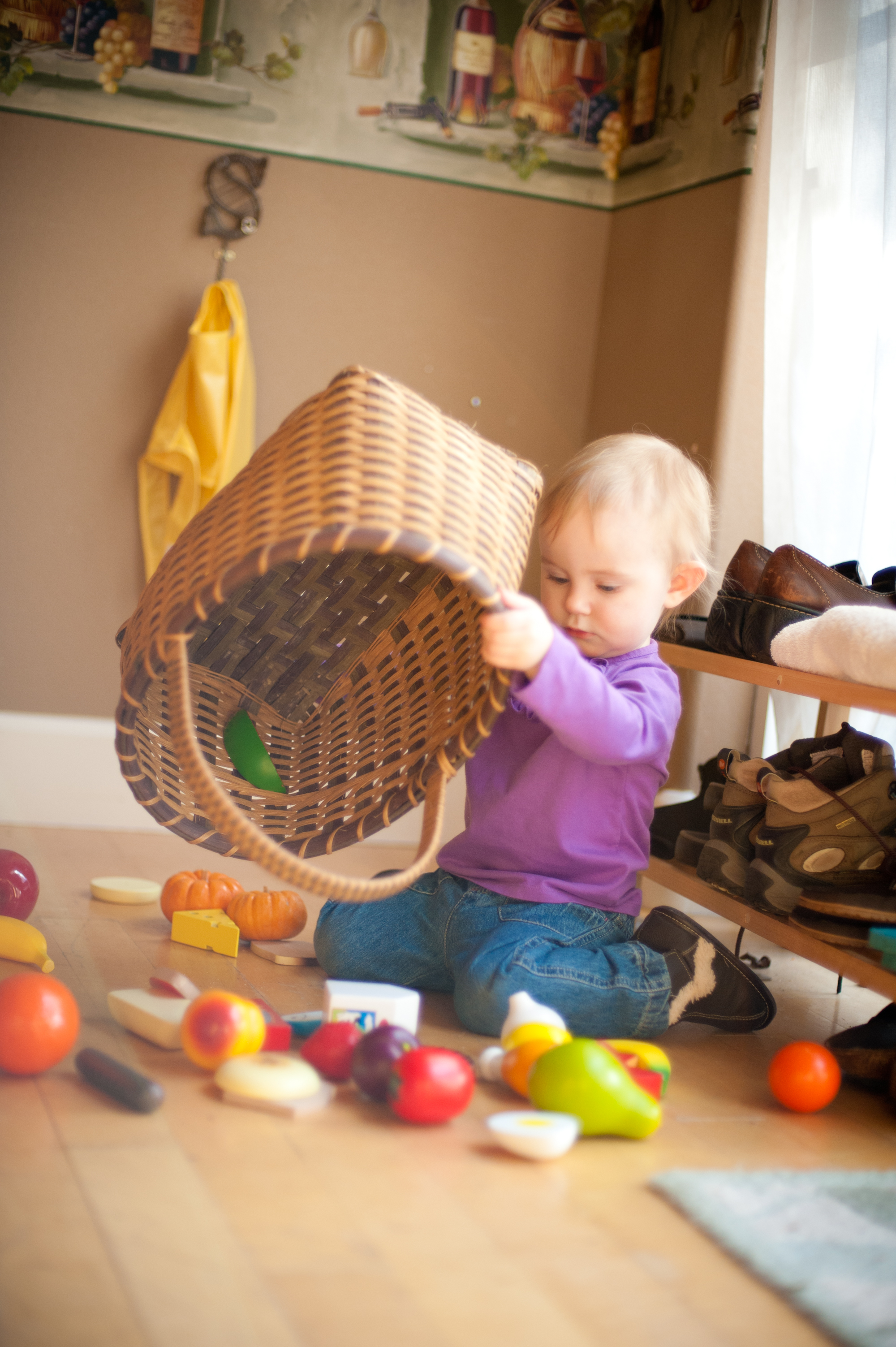 Isn’t it amazing what kids find funny? I’ve been surprised more than once by what seems hilarious to a 2, 4 or 6 year old. And then I remember, their sense of humor is just developing. Kids this age have a challenging time understanding word play and innuendo, but they do know that burps, farts, and poop are some of the funniest things around.
Isn’t it amazing what kids find funny? I’ve been surprised more than once by what seems hilarious to a 2, 4 or 6 year old. And then I remember, their sense of humor is just developing. Kids this age have a challenging time understanding word play and innuendo, but they do know that burps, farts, and poop are some of the funniest things around.
I’m guessing you’ve especially had an opportunity to witness this phenomena if you have a little boy but some little girls love potty talk too. Suddenly “poopy butt” or “potty head” is their new favorite nickname for everyone.

 If you’re noticing that your kids are having a difficult time cooperating or listening or generally following your lead, first let me remind you, you’re not alone. Lots of parents go through this difficulty every day. I know it can be super frustrating when you’re just trying to get things done, or get to the store, or follow the rules, and your child is fighting you every step of the way.
If you’re noticing that your kids are having a difficult time cooperating or listening or generally following your lead, first let me remind you, you’re not alone. Lots of parents go through this difficulty every day. I know it can be super frustrating when you’re just trying to get things done, or get to the store, or follow the rules, and your child is fighting you every step of the way.

